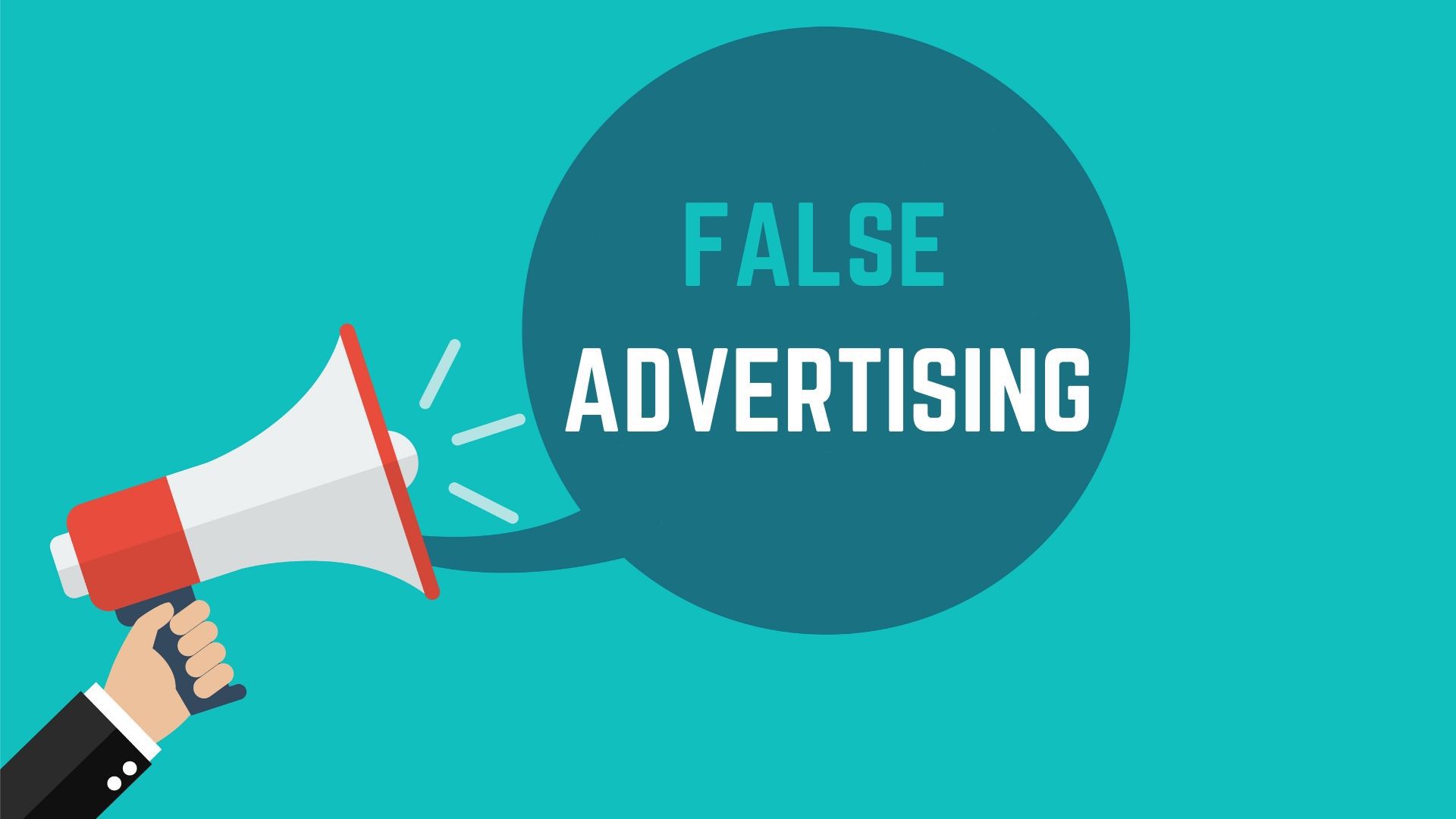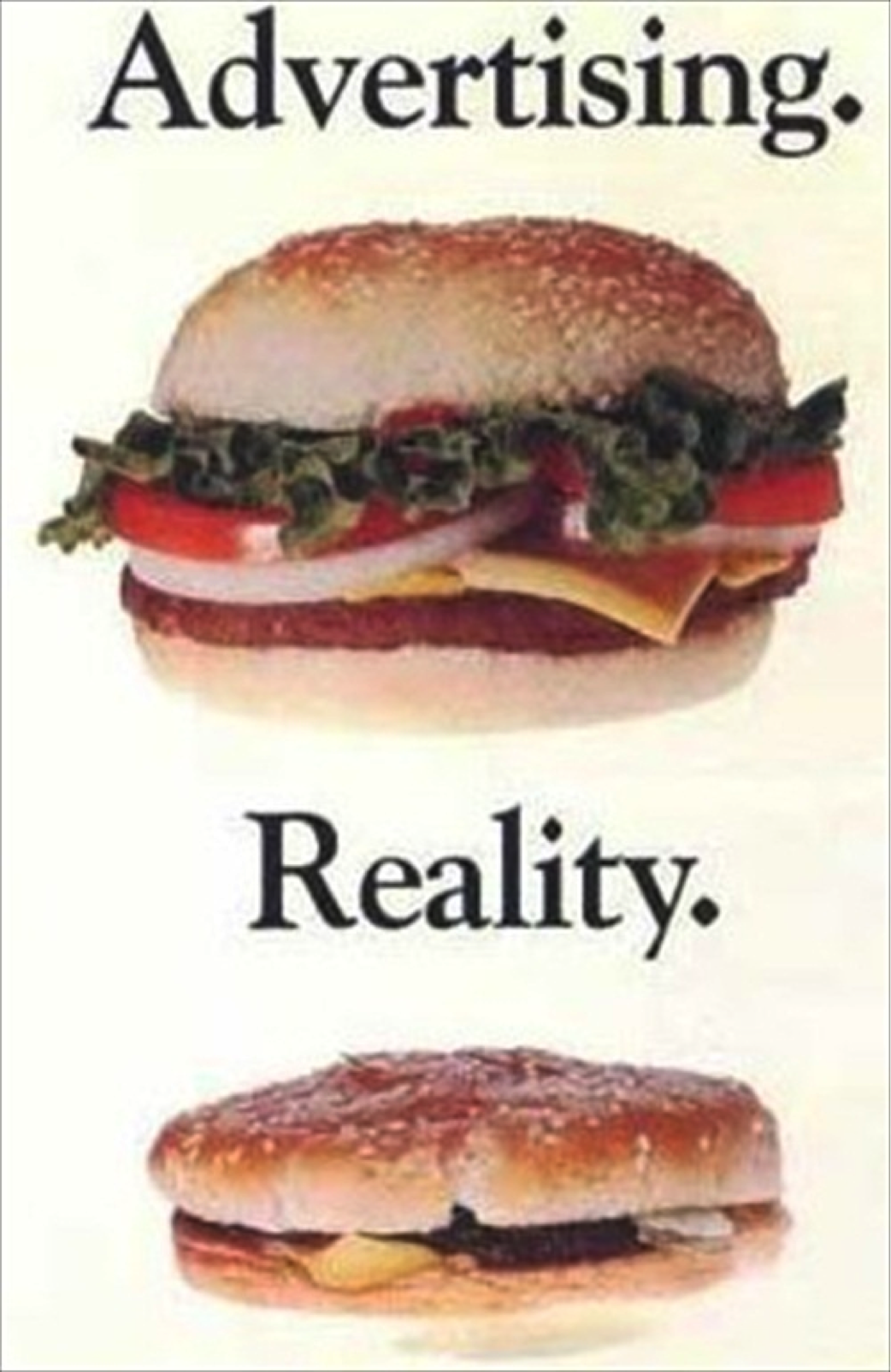As a business owner, one of the most common ways to attract more business and grow your brand is through advertising. This can be buying advertising space in the written press, on the radio and television, through digital marketing and many more. However, you also need to understand that any advertisement you do run is 100% accurate and truthful. Advertisement is regulated on both a federal and state level in the USA, and under the law, your ad is unlawful if it misleads or deceives potential customers, regardless of your intentions.
You can have the best intentions in the world, but if your ad is deceptive or contains a false statement, you have violated the law. The fact that you didn’t know the information was false is irrelevant.
The Role of the Federal Trade Commission
The Federal Trade Commission (FTC) is the main federal agency that acts against unlawful advertising. FTC mostly relies on consumers and competitors to report unlawful advertising, and if a case is brought before them, they have several options for dealing with the issue. Usually, they will attempt to get the violator to voluntarily comply with regulations through informal channels. If this approach fails, the FTC can issue a cease-and-desist order and bring a civil lawsuit on behalf of people who have been harmed. They also have the power to seek court orders to stop a questionable advertisement from running while there is an on-going investigation, and can even require that an advertiser run corrective ads that state that an earlier ad was deceptive.
It’s important to note that challenging the FTC is usually a losing undertaking – by and large, courts will uphold even the most stringent FTC policy.
State Laws Against False Advertising
As we mentioned before, most states also have laws that regulate advertising. Under these laws, state or local officials can seek injunctions against deceptive ads and take legal action on behalf of consumers. Some of these laws even provide for criminal penalties for fines and jail, but this is rarely enforced unless there is definite fraud involved.
State consumer protection laws often afford the right to sue advertisers under one of two legal theories: unfair competition or commercial disparagement. This right also extends to competitors who may feel harmed by unlawful advertising.
How to Ensure Your Advertisements are Legal
Rule 1 — Be Accurate
The best way to ensure you’re not deceiving your customers, even unknowingly, is to ensure all your information is factually correct. By this we mean, don’t show a picture of a product that you’re not selling, or don’t make claims that your product can do something that cannot be objectively proven.
For instance, if you’re selling a Toyota Yaris, don’t advertise a Prius; or if your headache pills only provide temporary relief, don’t claim that they miraculously cure headaches altogether. It’s easy to sometimes exaggerate or use flowery adjectives to describe your products and services, but you must be prepared to back up any claim your make with solid proof.
Rule 2 — Get Permission
If you intend to use someone’s picture or endorsement for your advertisements, it’s important that you have explicit permission to use that content. A lot of people believe that they are protected under U.S. copyright law by the “fair use” doctrine, but this has its limitations that aren’t always clear. The best thing if in doubt is to ask.
Rule 3 — Treat Competitors Fairly
Don’t knock the goods, services, or reputation of others by giving false or misleading information. If you compare your goods and services with those of other companies, double-check your information to make sure that every statement in your ad is accurate.
Rule 4 — Have Sufficient Quantities on Hand
When you advertise goods for sale, make every effort to have enough on hand to supply the demand that it’s reasonable to expect. If you don’t think you can meet the demand, state in your ad that quantities are limited. You may even want to state the number of units on hand.
Rule 5 — Watch Out for the Word “Free”
If you say that goods or services are “free” or “without charge,” be sure there are no unstated terms or conditions that qualify the offer. You must also not inflate prices to account for the ‘free’ gift or service, as this is considered deceptive under most states’ laws. It’s always best to plainly disclose any other terms, conditions or limitations that accompany any of your offers.
The above are the most important points to consider when ensuring that your advertising is legal and safe. Can you think of anything we may have missed? Share them in the comments below!


